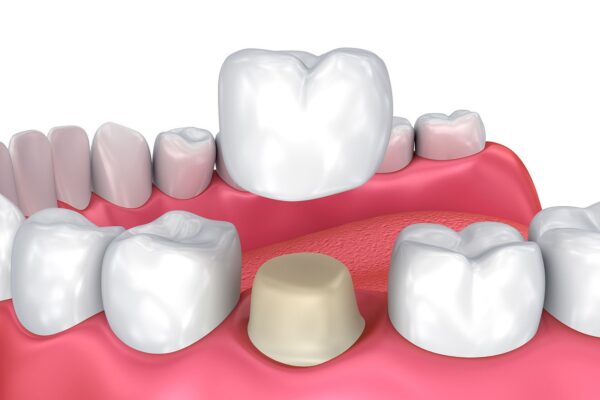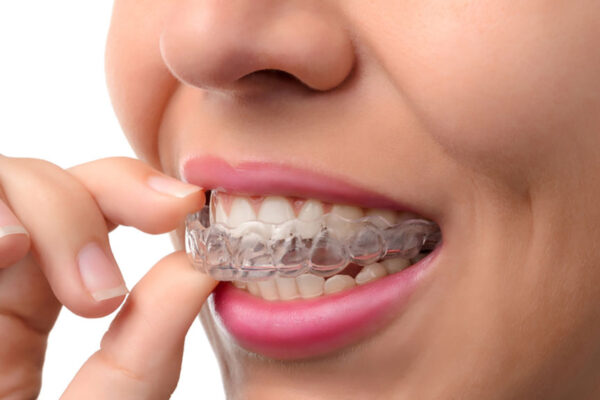Alcohol is one of the most popular drinks in the world. 85% of people have drunk alcohol at least once in their lifetime, 70% have drunk it in the past year, and 26% have engaged in binge drinking in the last month. Around 15 million people in the US alone suffer from alcohol use disorders (AUD), resulting in nearly 100,000 deaths every year. If you’re a regular alcohol consumer, have you ever wondered what would happen if you lived three weeks without alcohol?
Here’s an overview of the changes that come in your body and life when you go three weeks without alcohol.
What Happens to Your Body When You Drink?
Table of Contents
Alcohol is not digestible. When you drink alcohol, your body’s digestive system can’t digest it, and therefore, passes it into your bloodstream and then to different parts of the body. The alcohol you consume enters your stomach first, followed by your liver, intestines, and into your bloodstream.
After entering the bloodstream, it reaches different parts of your body, including your brain. When alcohol enters the brain, it stimulates the release of two hormones: dopamine and serotonin, which make you feel good and expressive.

Your liver takes at least an hour to break down one unit of alcohol (10 ml pure alcohol). Since most whiskeys are 40% alcohol, a standard 30 ml drink has more than a unit of alcohol. So, if you drink more than one glass of whisky or any other highly-concentrated alcoholic beverage, you’re already giving your liver a hard time.
Apart from the liver, alcohol adversely affects other organs, including the stomach, kidneys, heart, lungs, and brain.
Three Weeks without Alcohol: What Will Change?
Even if you have been a heavy drinker for years, it’s never too late to quit. In fact, the positive effects of quitting alcohol are visible in three weeks only. Let’s look at the changes that occur in your body and life after stopping alcohol for three weeks.
One Day After Quitting
If you’re a heavy drinker, you might experience withdrawal symptoms if you don’t drink for 24 hours. It’s normal to experience them, but if they’re severe, you might consult your doctor. However, don’t drink alcohol as a remedy for these symptoms.
Up to 3 Days after Quitting
Depending on your drinking frequency, you may develop more severe withdrawal symptoms within three days after quitting. In some rare but severe cases, you may develop delirium tremens characterized by seizures, hallucinations, and hypertension. Again, don’t think twice before going to the doctor if withdrawal symptoms seem serious. But ensure that you don’t drink alcohol.
Withdrawal symptoms will subside for many people by the end of the third day as your body will learn to function without alcohol. Some signs of delirium tremens may persist, but they’ll wear away slowly.
Up to 7 Days after Quitting
By this time, most people will stop experiencing withdrawal symptoms. Some positive changes will also occur in your body, including:
- Better sleeping and eating patterns
- Improved cognitive ability
- Improved hydration and physical performance
- Nearly 1000 calories saved
Additionally, you’ll save a substantial amount of money that you were earlier spending on alcohol.
Up to Two Weeks After Quitting
In two weeks, your digestive system will begin working normally. Alcohol affects your stomach lining, which will be normalized by the end of two weeks. The acid production in your stomach will also return to normal, and you’ll stop experiencing acid burn symptoms. Moreover, you’d have saved around 2,000 calories by this time. And don’t forget to consider the money saved by not consuming alcohol for two weeks.
Three Weeks without Alcohol
You’ll experience significant health improvements after three weeks of not drinking. Your blood pressure will reduce, and so will the risk of stroke or heart problems. By this time, you’ll start seeing an improvement in your vision, and your kidney function will also improve. The calories saved by this time will be around 3,000, and you must continue to calculate the money you’ll save by not drinking alcohol.
Up to Four Weeks After Quitting
It takes 21 days to form a habit. So, if you don’t drink alcohol for three weeks, you’ll most likely get rid of your alcohol addiction. If you make it till the 3rd week, stretch it for another week. In fact, you’ll see the best effects of not drinking alcohol after a month.
By this time, your liver function will be recovered. The liver is the most important organ in the human body; it performs over 500 vital functions. Sadly, alcohol targets the liver before any organ, and most people who die because of alcohol abuse die due to liver failure. Your skill will also improve after a month of not drinking.
What If You Can’t Quit after Three Weeks Without Alcohol?
It’s alright if you can’t completely quit alcohol. However, remember that the risk of alcohol disorders rises with alcohol amounts. So, if you can’t quit, reduce the amount of alcohol you consume. While no quantity of alcohol is risk-free, there are certain benefits linked to moderate alcohol consumption.

Moderate alcohol consumption means 355 ml of beer, 148 ml of wine, and 44 ml of distilled spirits in a day. The benefits of reasonable alcohol use are:
- Reduced risk of heart disease
- Reduced risk of diabetes
- Increased physical activity
- Reduced risk of kidney stones
- Improved sex life
- Enhance cognitive ability
However, be sure to take a good diet and do regular exercise to negate any harmful effects of alcohol. Please note that no amount of alcohol is safe, and completely quitting should be your first motive. But if you want to drink in moderation, take other steps needed to balance out its effects.
Conclusion: Three Weeks Without Alcohol
Quitting alcohol is one of the best decisions to improve your health. Alcohol is injurious to health, and uncontrolled consumption can lead to severe health concerns like heart attack, liver cirrhosis, liver cancer, and death. If you want to quit, start with a three-week alcohol-free period. You’ll witness substantial health and financial benefits. If you can’t quit entirely after that, drink it in moderation thereafter.





